In the autumn of August 1945, from the long night of slavery under the double oppression of the colonial empire and feudal monarchy, 25 million compatriots under the talented leadership of the Communist Party of Vietnam "rose from the mud and shone brightly" to create the first worker-peasant country in Southeast Asia. 30 years later, the victory of April 30, 1975 became a golden milestone marking the complete victory, opening a new page in history: the era of national independence, the whole country transitioning to socialism.
"After liberation, Dong Nai deeply applied the lessons from the August Revolution in 1945. That is to ensure unity within the organization under the leadership of the Communist Party; unite the strength of the entire nation according to patriotism; seize the opportunity to build a new life to create a Dong Nai that blooms on the "land of fire" - Master Tran Quang Toai, Chairman of the Historical Science Association of Dong Nai province, said.
Turn difficulties and challenges into motivation and opportunities
After 1975, the country was cleared of enemies, but not long after that, it fell into a serious economic and social crisis. Inflation was pushed up to 700-800% at times, rationing stamps were scarce, and people did not have enough food. Civilian goods such as gasoline, food, flour, and fertilizer depended heavily on aid from the Soviet Union and were gradually decreasing. The centralized subsidy regime was holding back, and the country's economy was almost exhausted. Vietnam still had not escaped the state of siege and embargo.
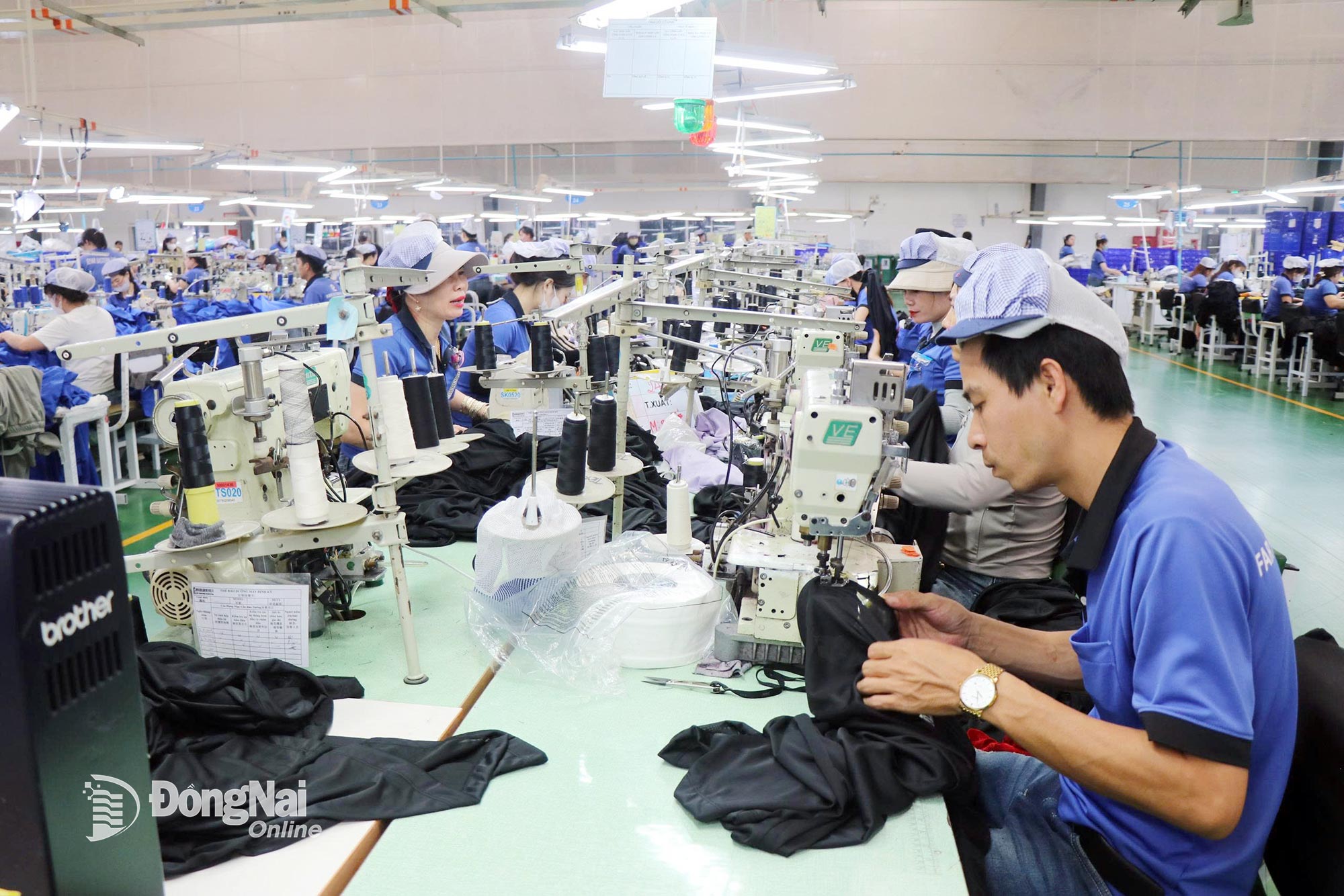 |
| Workers at Bac Dong Phu Industrial Park, Dong Phu Commune, produce export goods. Photo: Cam Lien |
At that time, in the old Binh Phuoc province, the economy as well as the people's education level were extremely low, there was almost no industry, small-scale handicraft production was fragmented; infrastructure was poor; agricultural production and livestock development were scattered. While having to start building and constructing the country after the war, in the province there were still remnants of the puppet army; Fulro forces were actively operating to plot to overthrow the young people's government.
Colonel Nguyen Chi Cuong, former member of the Provincial Party Committee Standing Committee and former Director of the former Binh Phuoc Provincial Police Department, recalled: After the liberation, three organizations emerged in Binh Phuoc that greatly affected political security. However, under the leadership of the Party Committee and authorities at all levels, the police force promoted solidarity, coordinated with the military and related forces, and the people to raise vigilance, continuously attacked, swept away, and destroyed many reactionary armed political organizations. By the end of 1979, the Fulro force was basically destroyed.
Recalling the revolutionary lesson for the post-1975 period in the "fire land" of Dong Nai, the 90-year-old revolutionary cadre, Mr. Huynh Van Binh, former Chairman of Dong Nai Provincial People's Committee from 1984-1994, affirmed: "After 1975, the biggest problem of the whole country and Dong Nai was to focus on solving the problem of food and foodstuffs. At that time, with the responsibility of Head of the Department of Agriculture, I strongly advised and proposed initiatives to improve varieties, build irrigation works, and mobilize and gather qualified forces in agriculture to soon create enough food for the people. In 2 years (1976-1977), the whole province had nearly 45 thousand hectares of land reclaimed, restored, and intensively cultivated to increase productivity. Dong Nai invested in building 9 electric pumping stations, 15 water dams and 3 saltwater prevention dykes to serve agricultural production. In industry, Dong Nai had 40 factories. managed by the Central Government were quickly put into production; 29 state-owned enterprises and hundreds of cooperative and private small-scale handicraft production establishments. The network of state-owned and cooperative businesses was expanded. Thanks to that, the average gross domestic product in the area increased by 9.9%/year."
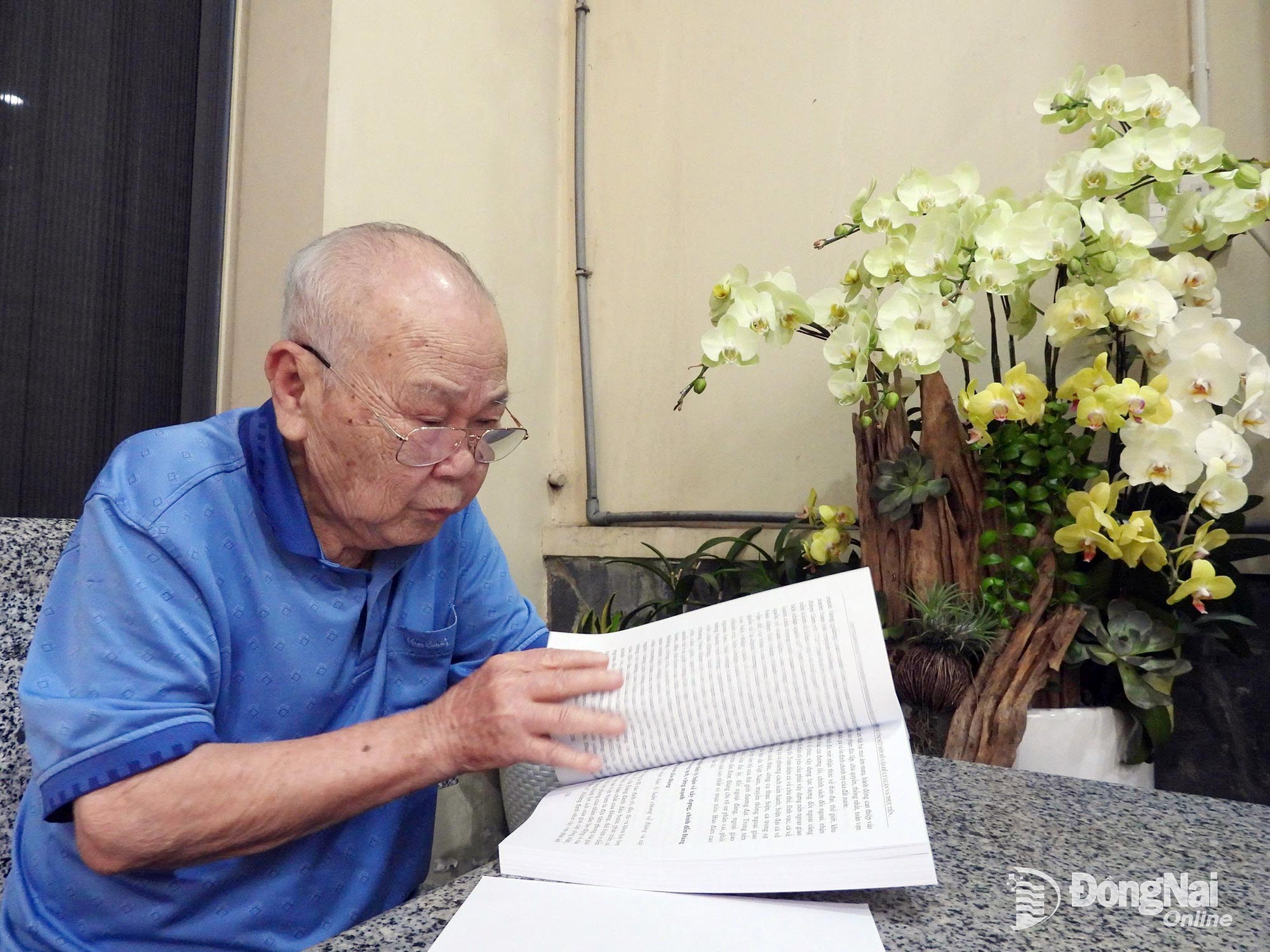 |
| Mr. Huynh Van Binh (also known as Nam Binh), former Chairman of Dong Nai Provincial People's Committee, former Head of Tri An Lake Cleaning Board, still remembers clearly the period when the state and people joined hands to carry out great projects in the area - Photo: Cam Lien |
According to the memoir Overcoming the Great Storm by former Secretary of Dong Nai Provincial Party Committee Phan Van Trang, after stabilizing the social order and security situation, and allowing people's lives to gradually return to peacetime, the Party and the revolutionary government implemented the collection of money from the Nguyen Van Thieu regime, and exchanged it for money from the National Bank of Vietnam for the people. With strict direction, organization into many points, and mobilizing teachers, students and agency staff to actively participate, there were no mistakes or setbacks. At that time, the Central Committee continued to direct the revolutionary government in the entire South to eliminate the monopolization, speculation and market disruption of the comprador bourgeoisie. Having just completed the abolition of the comprador bourgeoisie, the South continued to reform the commercial bourgeoisie to build a new commercial foundation. The lesson of ensuring unified leadership of the organization; uniting and gathering all classes of people to participate in the political tasks after liberation was effectively applied at this time.
When the Party Central Committee “Renovated, opened, and strongly shifted from a centralized subsidy mechanism to a socialist-oriented market mechanism”, the leaders of Dong Nai province identified industrial zones for detailed planning of roads, electricity, water, and waste treatment, and built infrastructure to ensure compliance with the planning, creating favorable conditions to invite foreign investors to Dong Nai. Seizing the opportunity, Dong Nai successfully made its first “overseas” trips to Taiwan, then Thailand, China, and then Japan, Korea, etc. From there, opening up a path to attract foreign investment and diplomacy, Dong Nai proactively seized the opportunity to form a province with a strong economy in the key southern region.
Unity - the "lever" to create success
Up to now, the people in the province still remember the spirit of solidarity of the army and people who blocked the banks and built dams on the Dong Nai River to create the legendary Tri An Hydropower Plant. This contributed to opening up all aspects of the material and spiritual life of the local people. Mr. Huynh Van Binh, then Vice Chairman of Dong Nai Provincial People's Committee, was assigned to be the Head of the Tri An Reservoir Clearance Committee, and shared: Uncle Ho taught: "Unity, unity, great unity/ Success, success, great success", to do anything successfully, we must take the strength of unity as the principle, the treasure of all times! The event of building Tri An Hydropower Plant in Dong Nai also brought that spiritual strength. With the form of "The State and the People working together", the Tri An Reservoir Hydropower project mobilized the people of the South to contribute about 100 billion VND out of the total investment capital of 500 billion VND. The people in the area contributed 6 million working days to clear 32 thousand hectares of forest land, gardens... Every day, about 10 thousand people worked at this construction site, at peak times up to 30 thousand workers were actively on duty at the construction site. Men, women, young men and women all volunteered to join in to contribute to opening up new light to the lowlands.
| ||
The lesson of solidarity after 1975 is clearly shown through the slogan and motto of harmony and reconciliation, regardless of religion, ethnicity, components, regardless of the old or new regime, especially with the intellectual team with those who studied and grew up in the socialist North, the national reconciliation policies were adjusted, that was a great lesson in the conditions at that time. Especially after our country implemented the renovation policy in the spirit of the 6th National Congress, Dong Nai strongly implemented the national reconciliation policy, the intellectual team who had collaborated in the old regime actively participated in activities in the spirit of the Party's policy, gradually overcoming difficulties, integrating into the new context; opening up to attract foreign investment.
MSc. Tran Quang Toai, Chairman of Dong Nai Province Historical Science Association
In the old Binh Phuoc, after the province was re-established in 1997, in his position as Standing Deputy Secretary of the Provincial Party Committee, Chairman of the Provincial People's Council, Head of the Provincial National Assembly Delegation, Mr. Nguyen Huu Luat, together with the Provincial Party Committee and Provincial People's Committee, stabilized the organizational apparatus and working facilities, focused on directing socio-economic development, considering it a key task and foundation for the comprehensive development of the new province. That is to promote production, budget collection, and accelerate the pace of basic construction. In the first year of re-establishment of the province, the Party Committee, government, organizations, and people of all walks of life were united and harmonious, production remained stable and developed. The economic development goals basically met the targets set by the resolution. The total product in the province increased by 9.1% compared to 1996; per capita income increased by 5.6%. The economic structure initially shifted towards gradually increasing the proportion of industry. The province focused on investing in production and life-serving works.
Applying lessons learned from the August Revolution from taking people as the root to seizing opportunities, Vietnam in general and Dong Nai in particular have closely followed the general goal, proactively reviewed bottlenecks in mechanisms and policies and boldly proposed solutions for comprehensive and sustainable development in the era of national independence.
Cam Lien
Source: https://baodongnai.com.vn/chinh-tri/202508/ky-niem-80-nam-cach-mang-thang-tam-va-quoc-khanh-2-9-tu-cach-mang-thang-tam-den-cach-mang-tinh-gon-bo-may-bai-6-5a61af5/



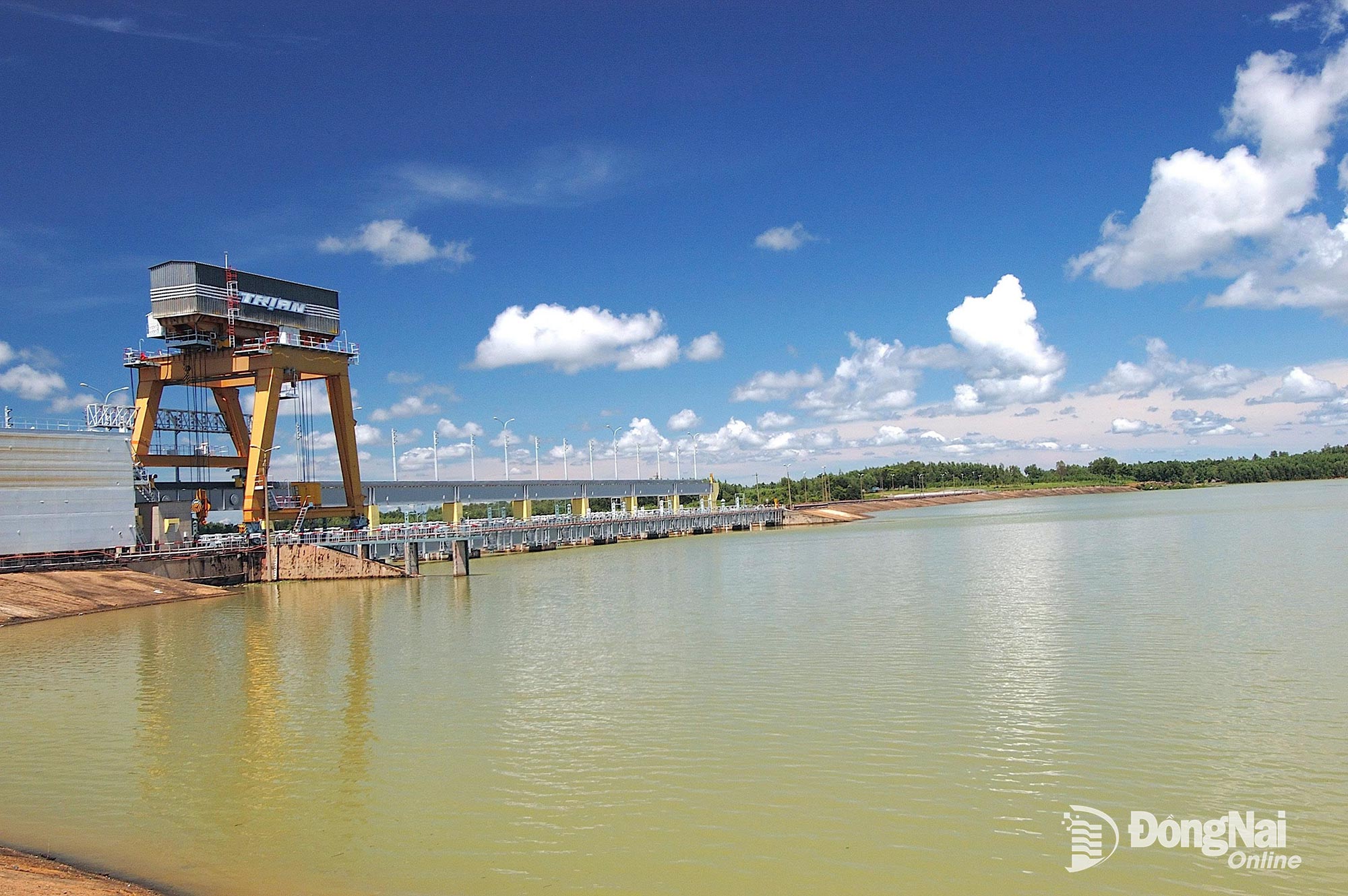
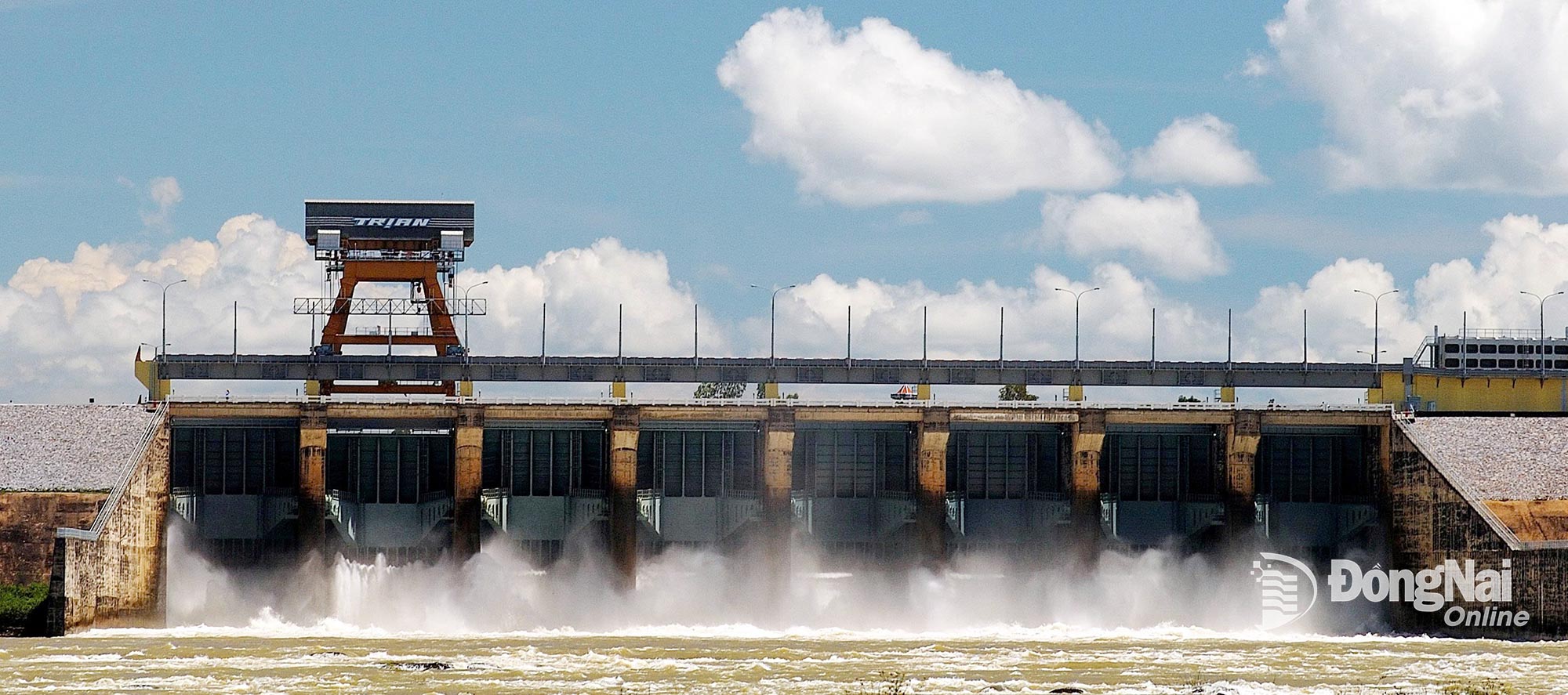
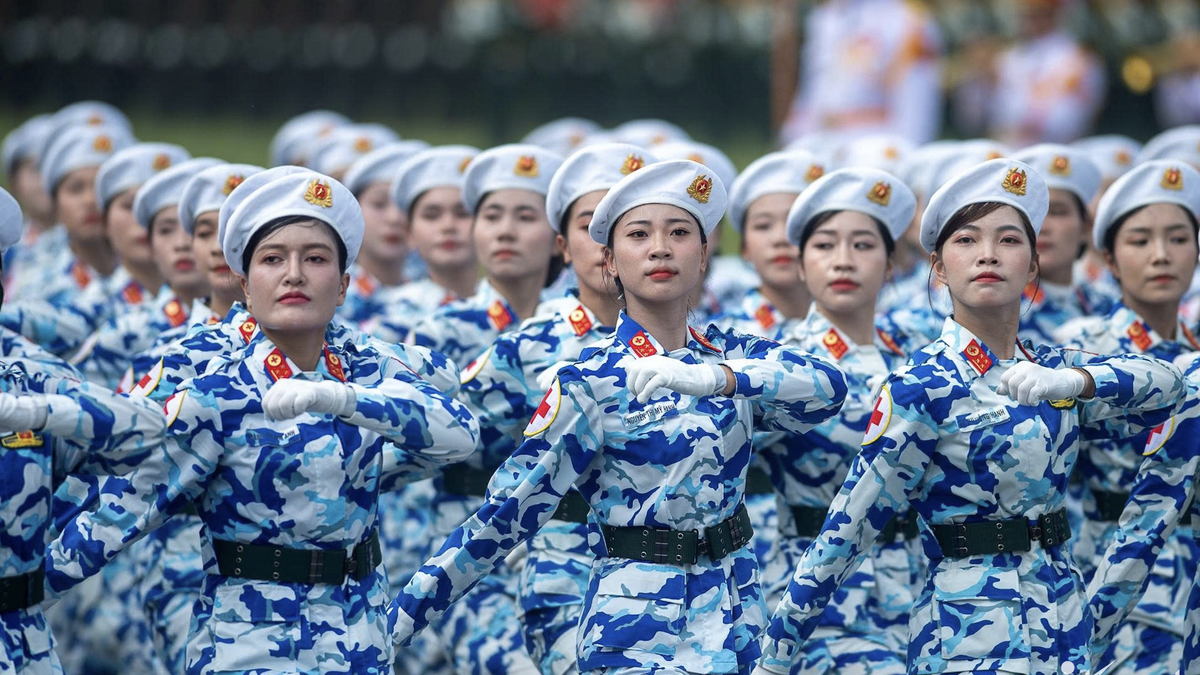


![[Photo] Multi-colored cultural space at the Exhibition "80 years of the journey of Independence - Freedom - Happiness"](https://vphoto.vietnam.vn/thumb/1200x675/vietnam/resource/IMAGE/2025/8/26/fe69de34803e4ac1bf88ce49813d95d8)
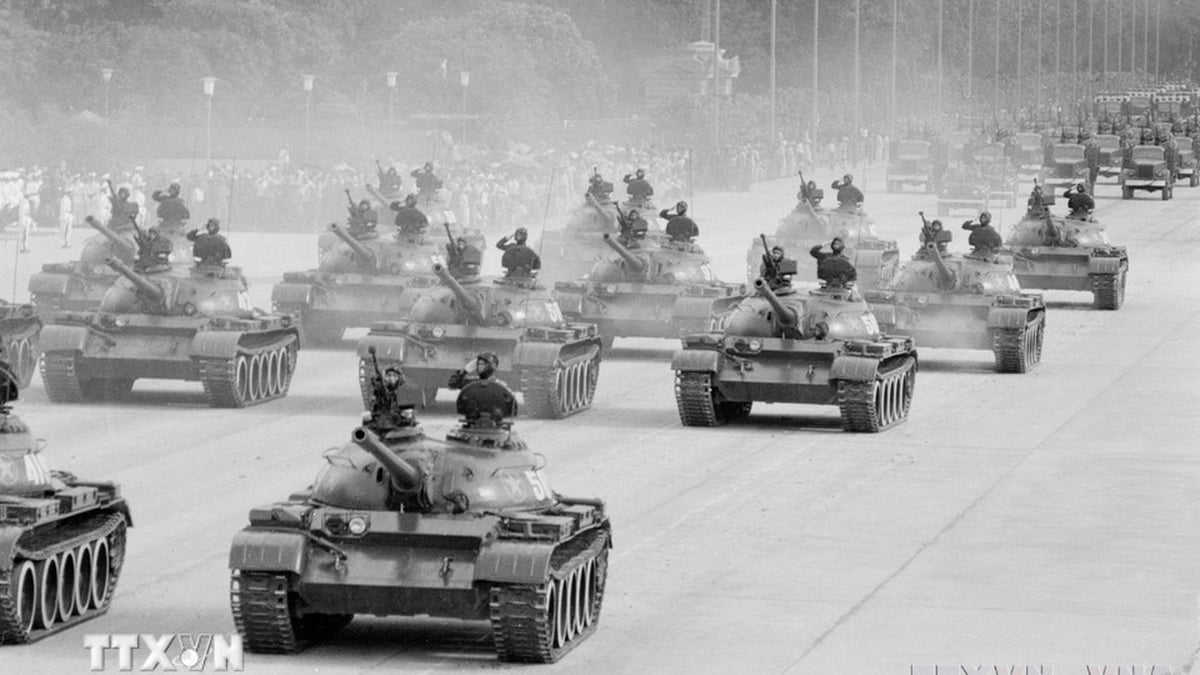
![[Photo] Hanoi: Authorities work hard to overcome the effects of heavy rain](https://vphoto.vietnam.vn/thumb/1200x675/vietnam/resource/IMAGE/2025/8/26/380f98ee36a34e62a9b7894b020112a8)
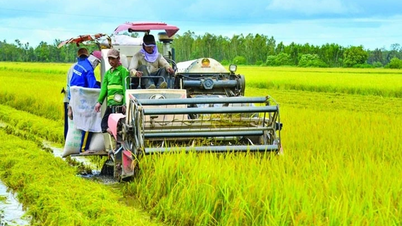

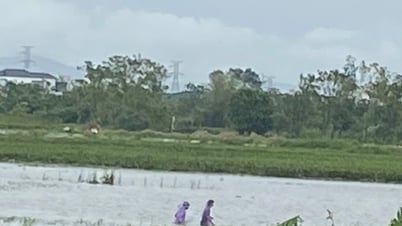

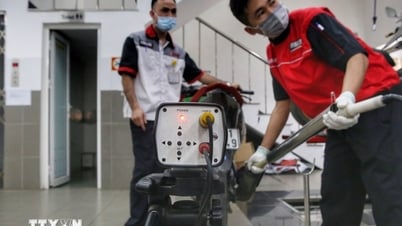
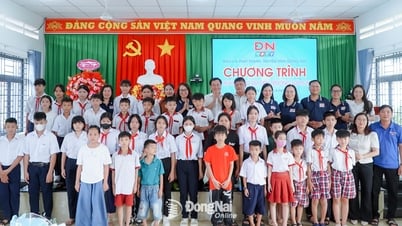
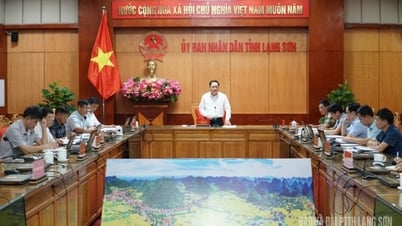

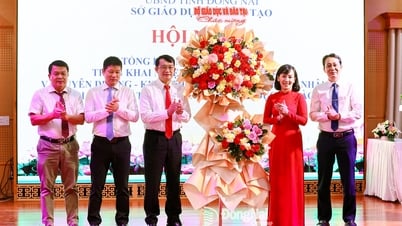





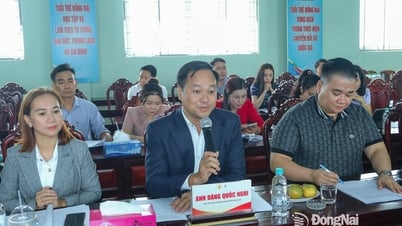
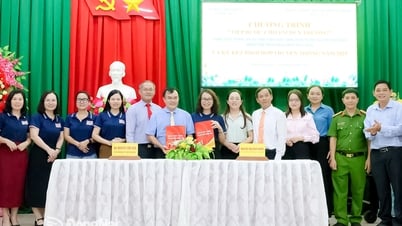
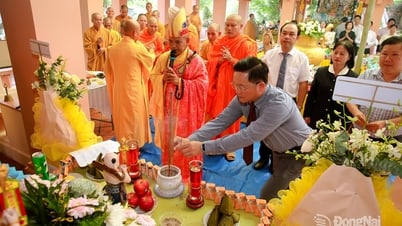
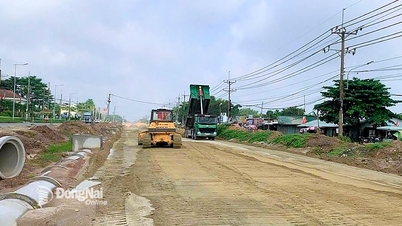
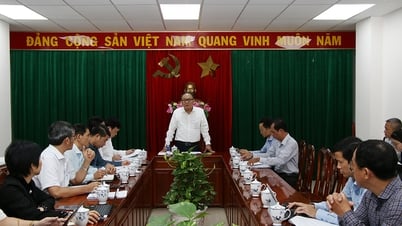
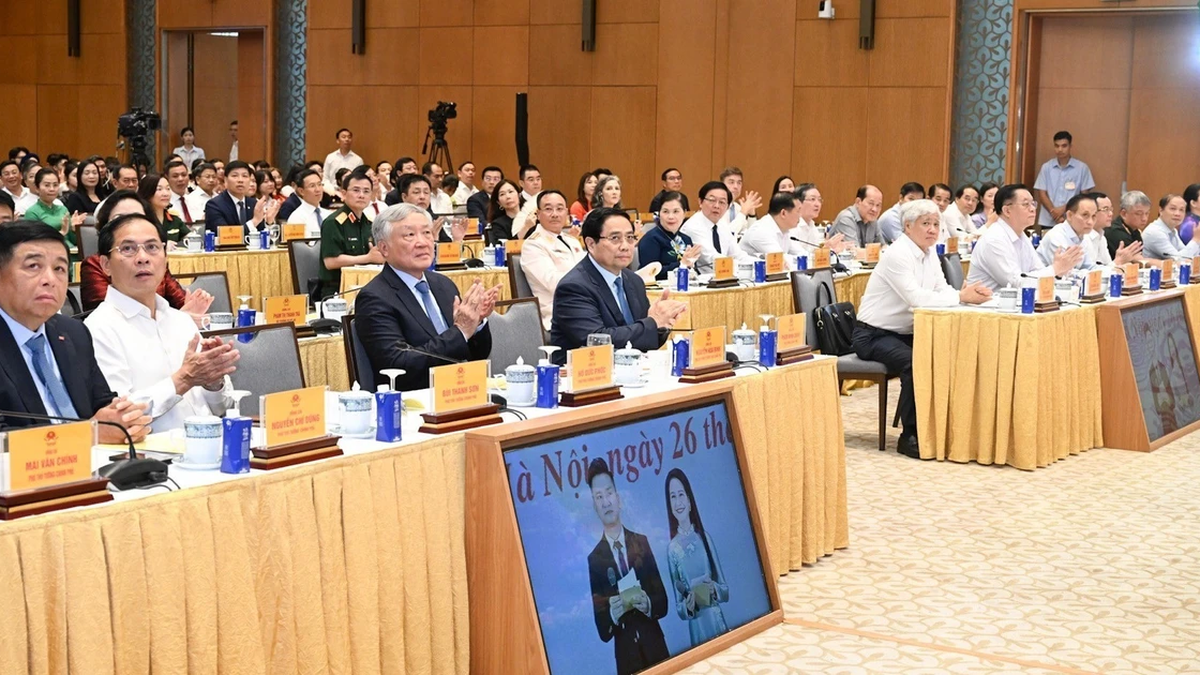































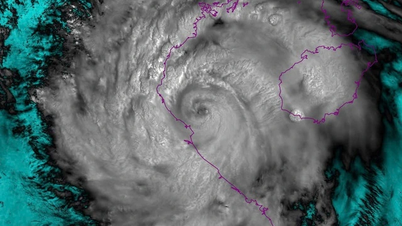


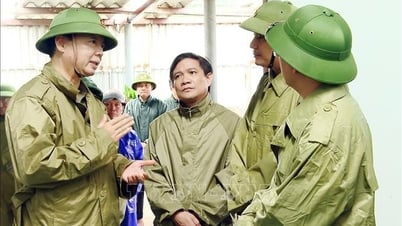

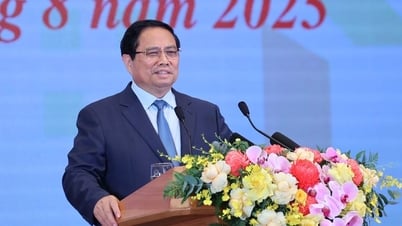
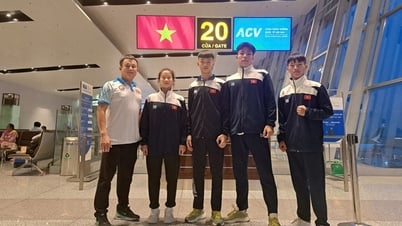

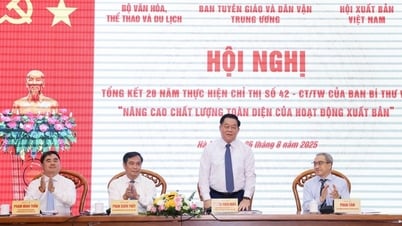
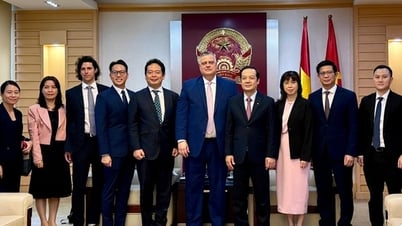

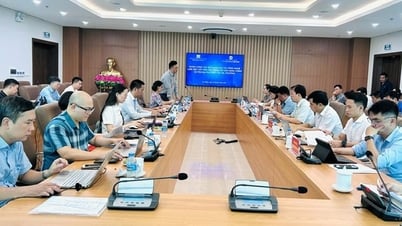
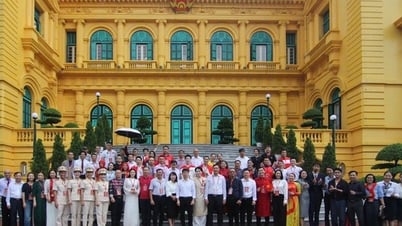
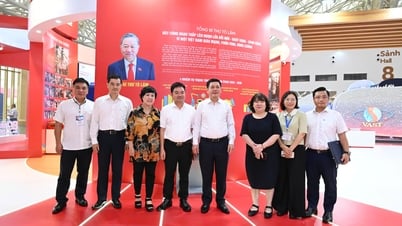



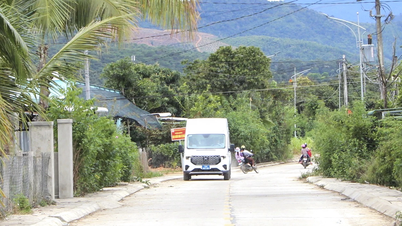
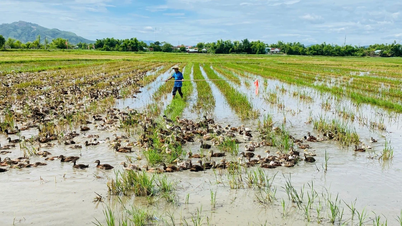

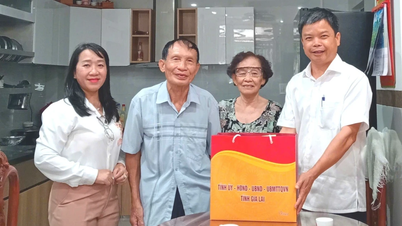
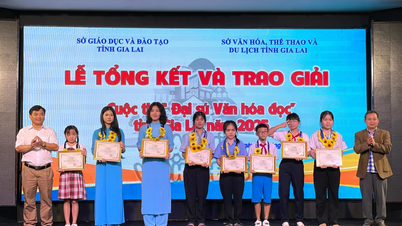
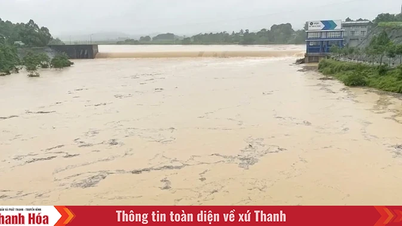






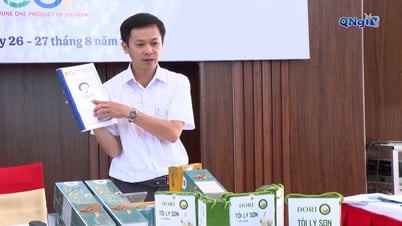









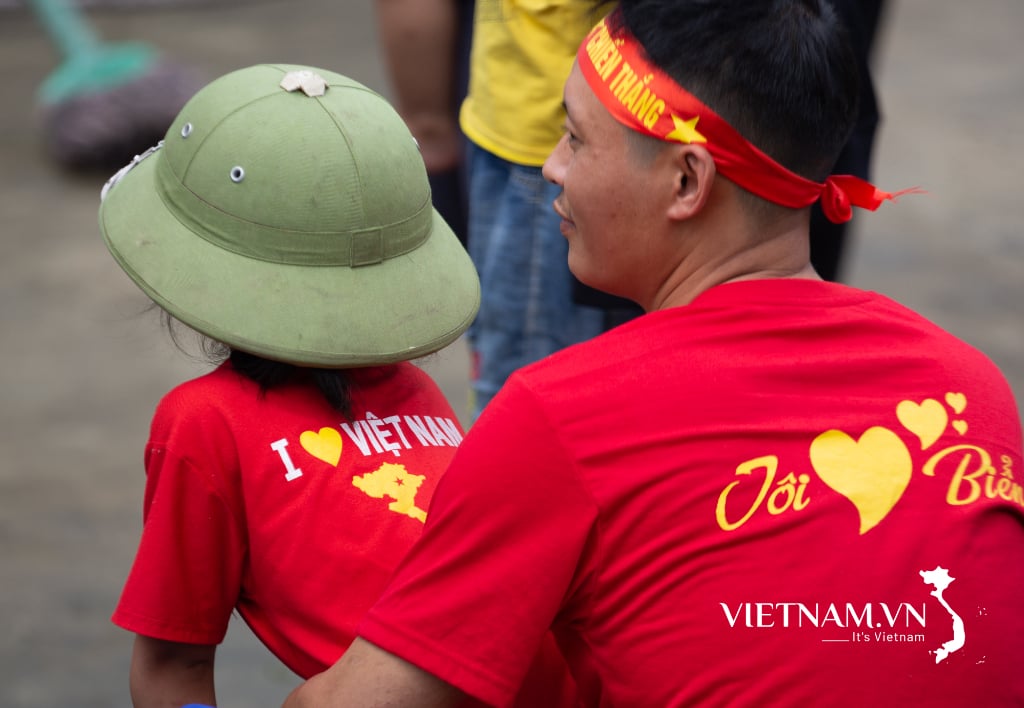
Comment (0)